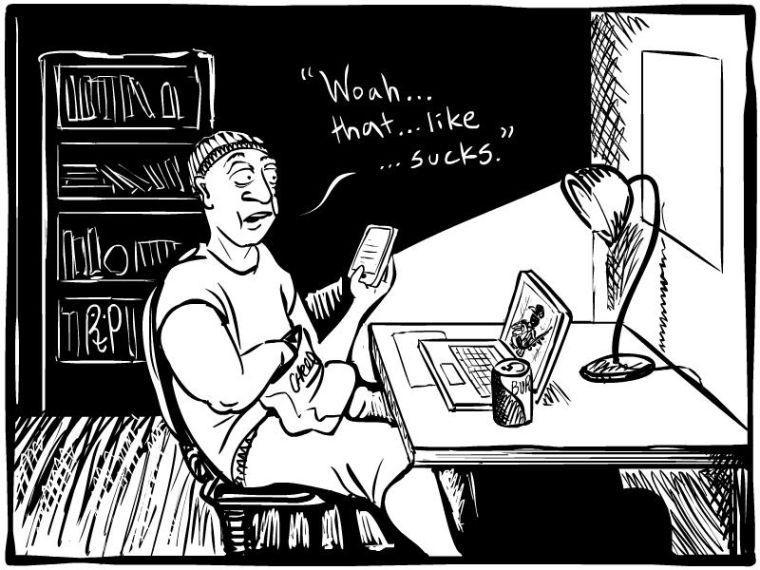“Nothing is more powerful than an idea whose time has come.”
Victor Hugo’s famous words precede footage of social actions and child soldiers in a viral video that has made its rounds on social networking sites in the past week. The video is the driving force behind non-profit Invisible Children’s KONY 2012 campaign, which seeks to arrest Ugandan rebel leader Joseph Kony for his record of kidnapping children to use as soldiers in his army.
The quote implies that an idea has blossomed into action, and a cursory glance of the video may reveal what that idea is: awareness of Kony’s crimes and a call for his arrest.
But if one looks at the video and its response with a different perspective, then maybe the idea that is really coming to fruition is the impact social media has on inciting civic participation.
It’s a trend that persisted through 2011. Social networking helped organize and record the Arab Spring and the Occupy Wall Street movement. With the KONY 2012 campaign, the same tools are being implemented not only to facilitate a movement but also to spread awareness of its core issues.
Movements like the KONY 2012 campaign are the future of grassroots activism. By using Internet tools to appeal directly to people and spread by word-of-mouth, activists can easily entice people’s motivation to be a part of something bigger than themselves.
There is something satisfyingly democratic about the Internet. It is the one medium where publishing control is flip-flopped, and the average user can produce content just as easily as he or she consumes it. Information can be easily shared, and every individual can engage and participate with their chosen communities.
This has brought about a subtle shift in temperament. People are less willing to be herded around by leaders, and they react more positively to interacting and engaging with their environment.
It’s telling that a technology that relies on its users to generate content has had a positive effect on building movements which advocate change from the bottom up.
In fact, harnessing the power of civic participation is what the KONY 2012 campaign does right.
The campaign calls for its sympathizers to reach out to policy makers and celebrities in order to spread the word about Kony and his crimes. These efforts culminate on April 20, when the KONY 2012 campaign participants will “cover the night” by plastering posters and stickers throughout cities all over the world.
Their methods may seem superficial compared to other tactics pursued by activists today, but they allow the campaign’s supporters to feel empowered by directly acting to bring about change. By organizing tangible actions for people to participate in, the KONY 2012 campaign keeps its advocates interested and involved in its efforts.
Of course, critical thought should not be dispensed when one comes across an appealing activist movement. It is entirely healthy to be critical of many of the campaign’s goals.
For example, the campaign calls for the United States to assist the Ugandan government to help capture Kony. However, the Ugandan government is not exactly a beacon of equality and human rights.
It’s also curious that the campaign looks to reach out to United States policy makers instead of African leaders. Maybe it’s because of the last decade of war and foreign intervention, but I don’t trust our government to intervene in another country without looking to get something out of it.
Nonetheless, the campaign’s goals can be modified by the very people it is reaching out to. The entire point of a civilian movement is that it promotes the average person from being a simple spectator to actively participating in the movement and affecting its goals and strategies.
As long as it can keep its supporters participating in the movement and allow them to have a say, the KONY 2012 campaign has a good chance of achieving its goals.
David Scheuermann is a 20-year-old mass communication and computer science sophomore from Kenner. Follow him on Twitter at @TDR_dscheu.
____
Contact David Scheuermann at dscheuermann@lsureveille.com
Head to Head: Online activism helps appeal directly to users
March 11, 2012





